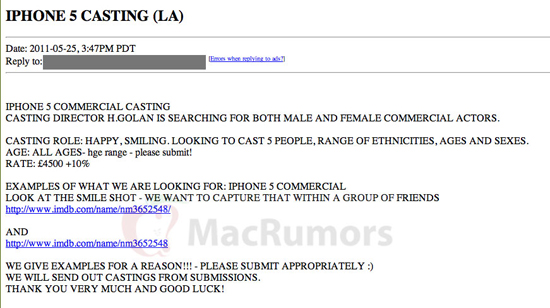A new analysis of mobile applications has found that while paid software in the iPhone App Store routinely finds success, selling software on the Android platform is a much more difficult proposition.
Analytics firm Distimo on Friday issued a new report offering an "in-depth view on download volumes in the Google Android Market." The results show that reaching sales of more than a half-million for paid applications on Android is extremely difficult.
Distimo found that only two paid applications in the Android market have been downloaded more than 500,000 times worldwide in the history of the digital storefront. For comparison, six paid applications available on the App Store reached 500,000 in the U.S. alone in just a two month span.
Even when the numbers are reduced to 250,000, it still shows Apple with a clear advantage. Looking at just games, Distimo found that there are five paid games in the Android market with more than a quarter-million sales worldwide. For the iPhone, ten paid games reached 250,000 downloads in the U.S. alone in two months.
The study also found that the "refresh rate" of paid software in the top 10 is much higher on the iPhone App Store than it is in the Android market. During the month of April, 94 distinct paid applications appeared in the top 10 total downloads, while only 26 distinct paid applications reached the overall top 10 in the Android market.
The data further confirms comments made earlier this year by an Android platform manager at Google. Eric Chu told developers in January that Google is "not happy" about the limited number of mobile applications actually being purchased from the Android Market.

The new numbers show that sales of mobile applications on Apple's iOS platform remain well ahead of the competition, even though the collective sum of Android devices has been outpacing Apple's limited number of hardware options for some time now. In April, the NPD Group revealed that Android devices accounted for 50 percent of U.S. smartphone sales, while the iPhone and iOS accounted for 28 percent of smartphones sold domestically.
------
Apple will unveil a new version of its mobile operating system, iOS 5, at this year's Worldwide Developers Conference, featuring widgets and a revamped notification system, a new report claims.
The news was part of a brief inclusion in a story at TechCrunch about the upcoming Worldwide Developers Conference. Author MG Siegler characterized the "big news" for iOS as "completely revamped notifications and widgets."
Signs of an improved notifications first cropped up last June, when Apple hired the designer who created the notification system for Palm's webOS. And Apple, through patent filings, has shown interest in creating always-in-sync widgets for touchscreen devices.
Sources also told the site that Apple is pushing journalists to come to this year' show because "the software announcements will be huge." Apple's big changes with iOS 5 are expected to make up for the anticipated lack of hardware to be shown off at this year's event.
The report also presumed that Apple will make announcements related to cloud storage for both iOS and Mac OS X 10.7 Lion. The site previously reported in March that Apple may not release a cloud-based iOS 5 until this fall.
Sources also reportedly indicated that the new licensing deal with Nuance for voice recognition will not play a part in the "Voice Control" feature of Apple's mobile operating system.
"That's odd since it's perhaps the most obvious usage," Siegler wrote. "But apparently, in the builds of iOS 5 currently being tested, the little-used feature hasn't changed at all, we hear."
The report noted that Nuance technology could eventually make its way into iOS Voice Control, but relayed a rumor that the licensing deal is meant for "bigger things more core to the OS than that one feature."
Back in February, The Wall Street Journal reported that Apple was working on "voice navigation" technology for the next major update to iOS. And another report from The New York Times claimed that Apple would enhance operation of iOS devices through voice commands because some users dislike using a virtual keyboard.
WWDC is looking exciting...










